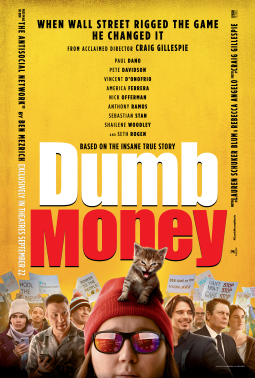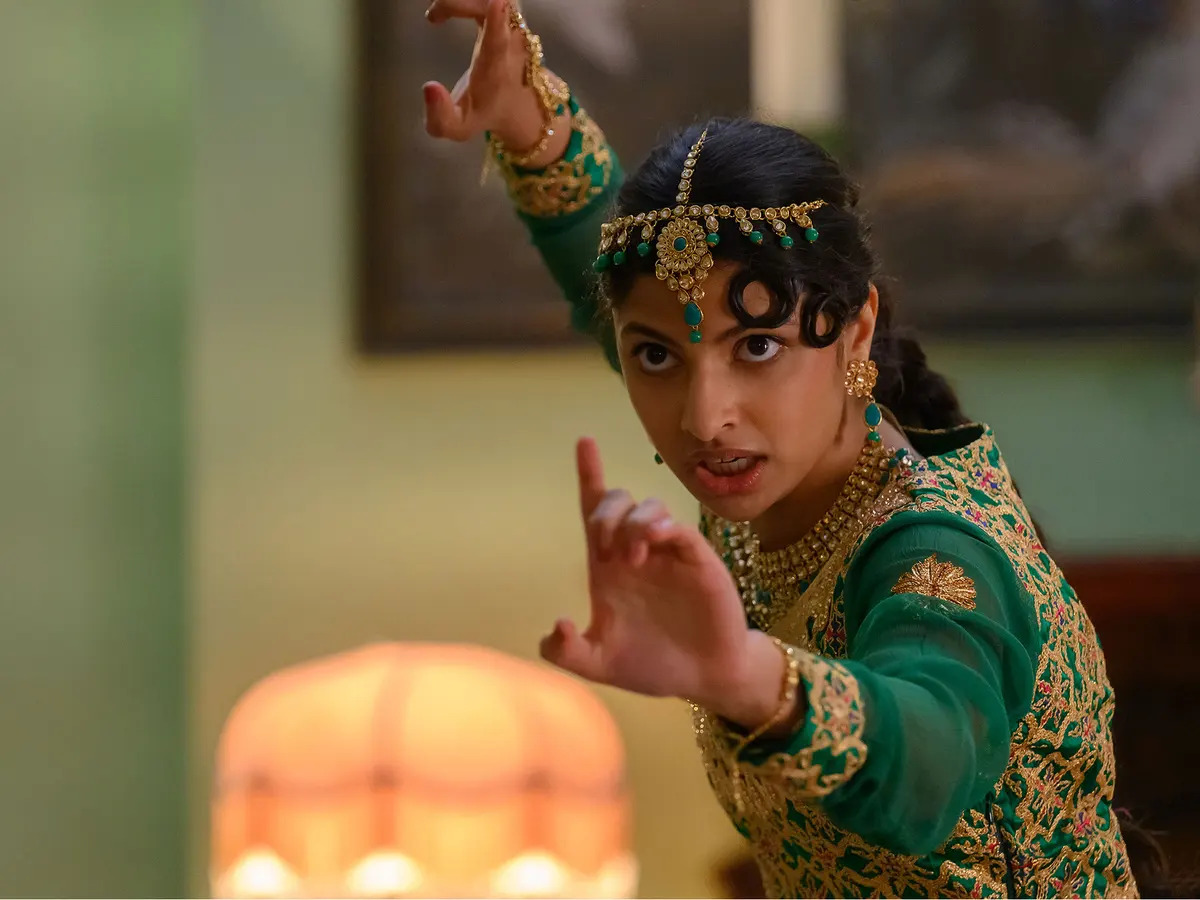Super Size Me
Posted on April 24, 2004 at 8:40 pm
A| Lowest Recommended Age: | Middle School |
| Profanity: | Some very strong language |
| Nudity/ Sex: | Sexual references |
| Alcohol/ Drugs: | None |
| Violence/ Scariness: | Extremely graphic scenes of an operation |
| Diversity Issues: | None |
| Date Released to Theaters: | 2004 |
Mordantly funny and trenchantly sobering, this is a Big Mac attack you can sink your teeth into. And then it will bite you back.
Film-maker Morgan Spurlock takes on American fast food culture in general and McDonald’s in particular in this prize-winning documentary. He takes on McDonald’s literally, eating nothing but McDonald’s food for an entire month, and promising to say “yes” whenever he is asked if he wants to supersize his order.
So, to the horror of his vegan chef girlfriend and the three doctors who monitor his 25-pound weight gain and severe liver damage, Spurlock spends a month in McDonald’s world, eating “meat, meat, sugar and fat.” At first, his body rejects the supersized food and he throws up. But by the end of the month he craves McDonald’s food and feels happier and calmer when he has eaten some.
In between meals, he travels around to talk to experts, including a surprisingly svelte man who eats his 19,00th Big Mac on camera, the lobbyist for the food companies, and a law professor who is suing McDonald’s on behalf of two obese teenagers. Spurlock visits McDonald’s franchises around the country and schools that feed students the same kind of “cheap, fat-laden” meals served by fast food outlets — provided by the U.S. government through USDA’s school lunch program. He also finds one school for kids with behavior problems in Wisconsin that is experimenting with a healthy, additive-free menu. The students are calmer and more attentive — and the meals are no more expensive.
Spurlock asks children whether they could identify the faces of some famous people. A few correctly name George Washington. None recognize the guy with the long hair and beard as Jesus. But all of them know who the guy in with the clown nose was — Ronald McDonald. And a family visiting the White House can’t quite remember the words to the Pledge of Alliegance, but have no problem reciting the ingredients of a Big Mac, down to the sesame seeds on the bun.
Spurlock strikes just the right note, frank about irresponsibility at the personal and corporate level but more bemused than outraged. America has the biggest everything, including the biggest people. We have alternatives, but we choose what is easy. We spend much more on food that is bad for us — and then on diet books — and then on treatment and lawsuits — than we do on exercise and other ways to prevent disease. The “small” size soda in the US has the same volume as the “large” sold in other countries. Yes, companies sell us food that is not good for us — Spurlock’s doctor says that his liver has gone from perfectly healthy to “pate” — but we are the ones who want to supersize everything, even ourselves.
Spurlock’s even-handed and wide-ranging look at the fast food culture covers the roles of individuals, corporations, and government but leaves out one significant factor, the role of poverty. Wealthy people may be turning their livers into pate with pricy delicacies, but they have a wider range of choices and access to better medical care to guide them. I would love to know what the average income of a McDonald’s “heavy user” is. I suspect the low prices are even more addictive than the sugar and fat in the food.
Parents should know that the movie has some sexual references (Spurlock’s sex life is adversely affected by his diet) and some very graphic images of a stomach-stapling operation.
Families who see this movie should talk about what they eat and why people do things that are bad for them. Who is responsible for America’s obesity crisis? What should we do about it? How will seeing this movie change your behavior? If you were Spurlock, what movie would you make next?
Families who enjoy this movie will also enjoy Michael Moore’s Bowling for Columbine and Roger and Me.






